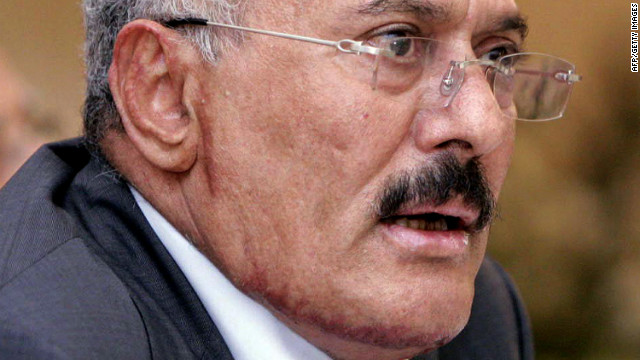By Brittney Hodnik
Impunity Watch Reporter, North America
WASHINGTON, United States – On 10 January 2012, Chrissy and Joe Rivera spoke with a doctor about a kidney transplant for their disabled daughter. Rather than receiving hopeful news, they were faced with the exact opposite. The doctor at the Children’s Hospital of Philadelphia (CHOP) told the Riveras that their daughter, Amelia was not eligible for a kidney transplant because she is mentally retarded.

Amelia Rivera was born with Wolf-Hirschhorn Syndrome, which is a rare genetic disorder. Symptoms include intellectual disabilities, seizures, and a shortened life span, according to Examiner.com.
The Nephrology Department at CHOP told the Riveras that Amelia would need a kidney transplant in the next 6 months to a year. When the parents and a sleeping Amelia sat down with another doctor to discuss transplants, the doctor informed them that she was not eligible.
According to Chrissy Rivera’s blog, the doctor slipped her a list of reasons why kidney transplants can be denied. Two different lines were highlighted: “Mentally retarded” and “Brain Damage.” These two reasons are on a list with other medical problems including HIV and Hepatitis C.
When Mrs. Rivera said that the transplant list was not necessary, because someone in the family would donate a kidney, the doctor said that the surgery would not be performed at CHOP. According to Examiner.com, the doctor insisted, “[Amelia] is not eligible because of her quality of life . . . [b]ecause of her mental delays.”
A study in 2006 showed that patients with mental retardation are just as likely as patients without mental retardation to have a successful transplant. Originally, people with mental retardation were often turned down for transplants according to The Ohio State University Research Center, but now transplants are much more common. “People with disabilities do have access to transplants, but whether we have reached equal access is impossible to say,” said Steven Reiss, a co-author of the study.
Many doctors refuse to do such transplants because often there are other medical problems associated with the mental retardation that diminish the probability of success. In addition, some argue that the patients will not take all of the medications necessary to ensure success. Opposing sides argue that caregivers of people with mental retardation are more diligent and likely to compel transplant patients to take their medications.
The United Nations Convention on the Rights of Persons with Disabilities, Article 25 on health says that doctors and hospitals must “recognize that persons with disabilities have the right to the enjoyment of the highest attainable standard of health without discrimination on the basis of disability. Furthermore, Article 10 says that “every human being has the inherent right to life and shall take all necessary measures to ensure its effective enjoyment by persons with disabilities on an equal basis with others,” according to a blog on the Care2 website.
CHOP issued a statement on its Facebook page reassuring the public that CHOP “does not have any criteria which exclude patients from being considered for transplant solely on their cognitive status.” The statement went on to say the hospital uses a “non-discriminatory approach” in its determinations.
Reiss and his co-authors have since begun developing an international registry of organ transplants among the mentally retarded. This way, the study can be further expanded and at the same time, help mentally retarded patients find appropriate matches for those on waiting lists.
As of now, “Mental Retardation” remains on the printed checklist of reasons why an organ transplant could be denied. Steven Reiss says as a result of the study, “there doesn’t seem to be any reason to think the mentally retarded are not good candidates for transplants.”
Chrissy and Joe Rivera have vowed to continue fighting for Amelia, and insist that she will get the transplant that she needs to continue to live her life.
For more information, please visit:
Care2 (blog) — Hospital: No Kidney Transplant for Girl with Disabilities — 14 Jan. 2012
The Examiner — Should Disabilities Matter in Organ Transplants — 14 Jan. 2012
The Examiner — Hospital Denies Life Saving Transplant to Child Because of Special Needs — 13 Jan. 2012
WolfHorschhorn.org (Chrissy Rivera’s blog post) — Brick Walls — 12 Jan. 2012
Research News at The Ohio State University — Organ Transplants Just as Successful in Those with Mental Retardation — 12 June 2006


